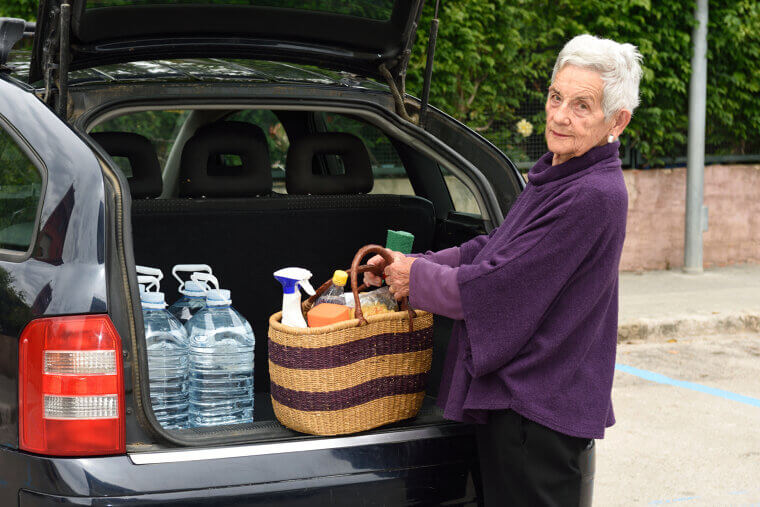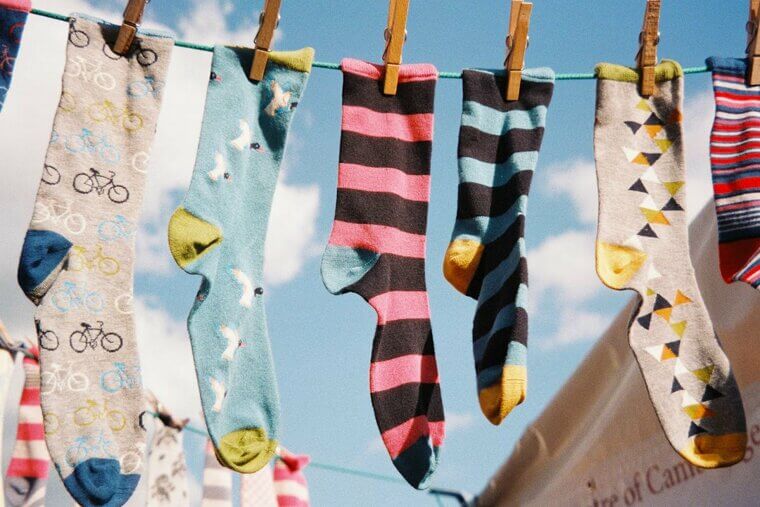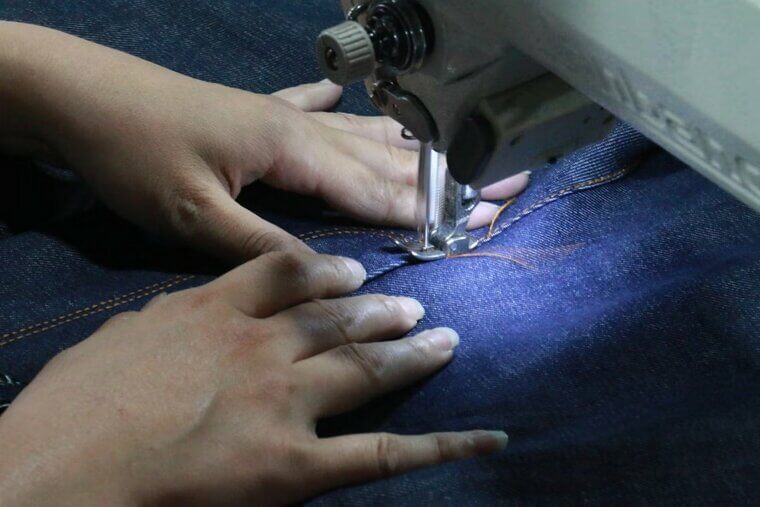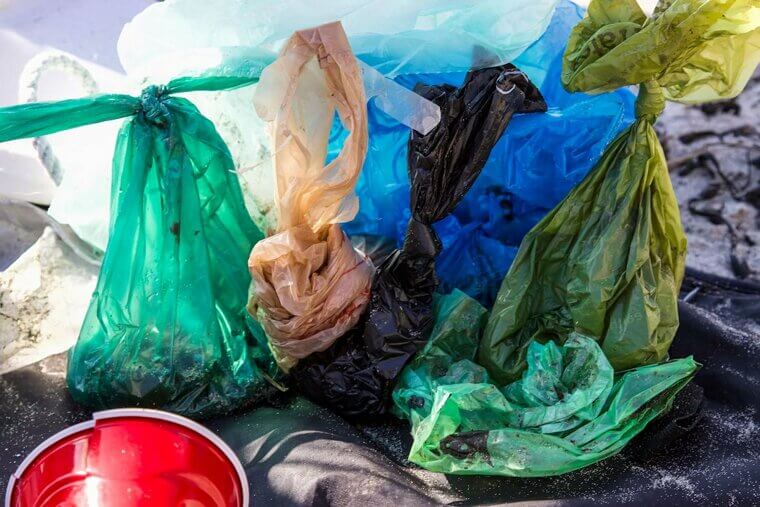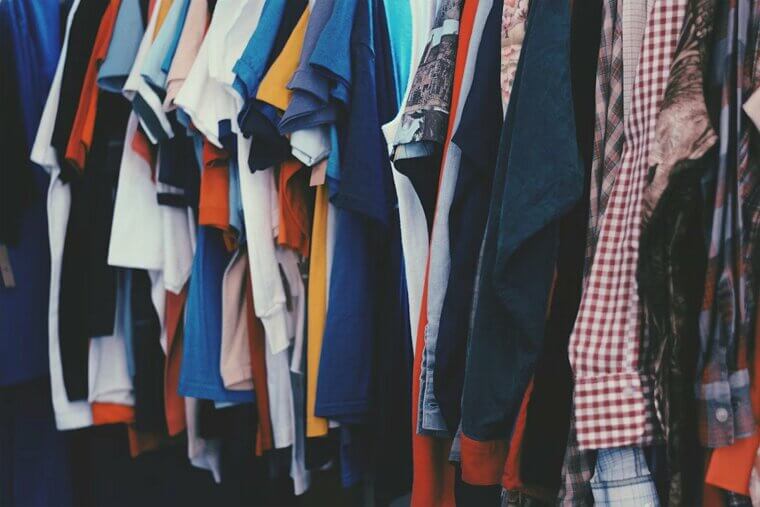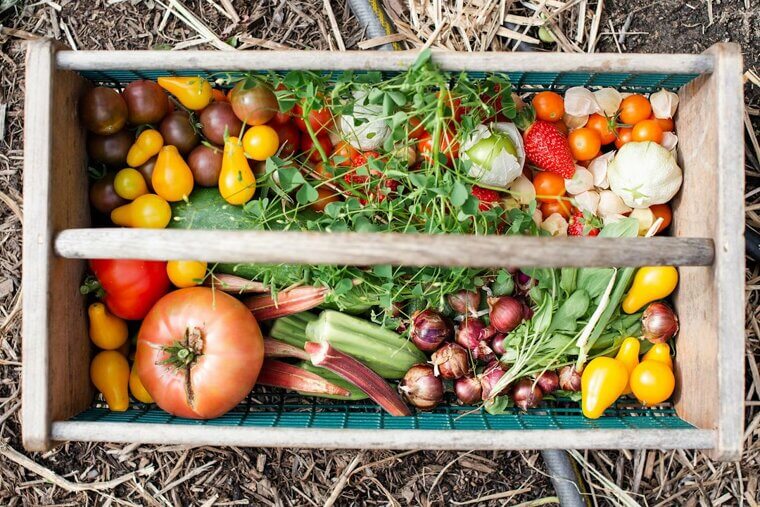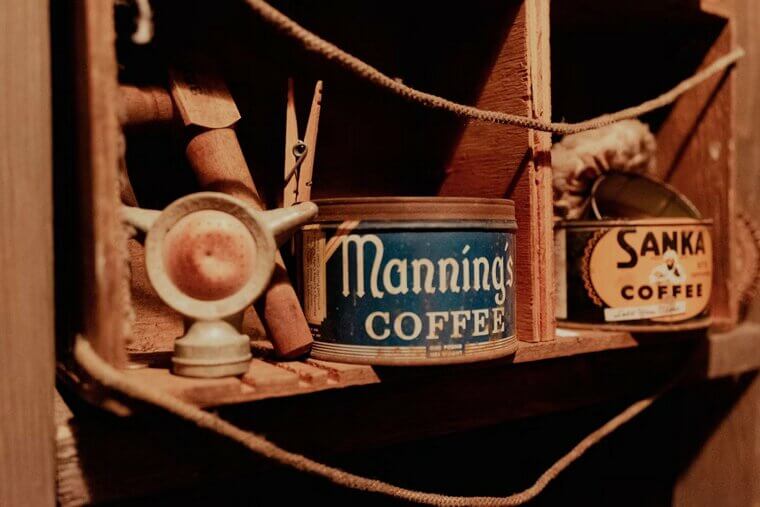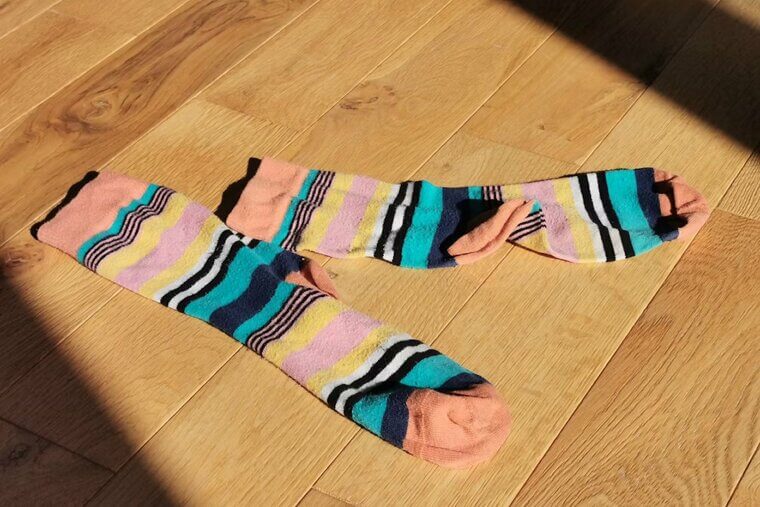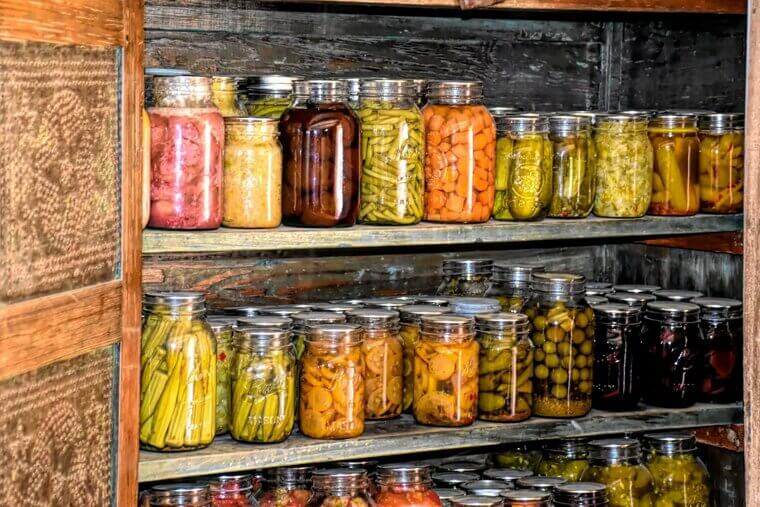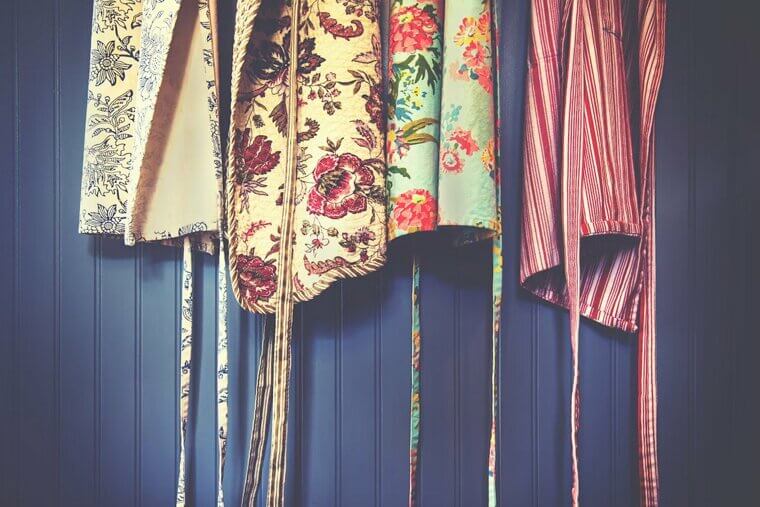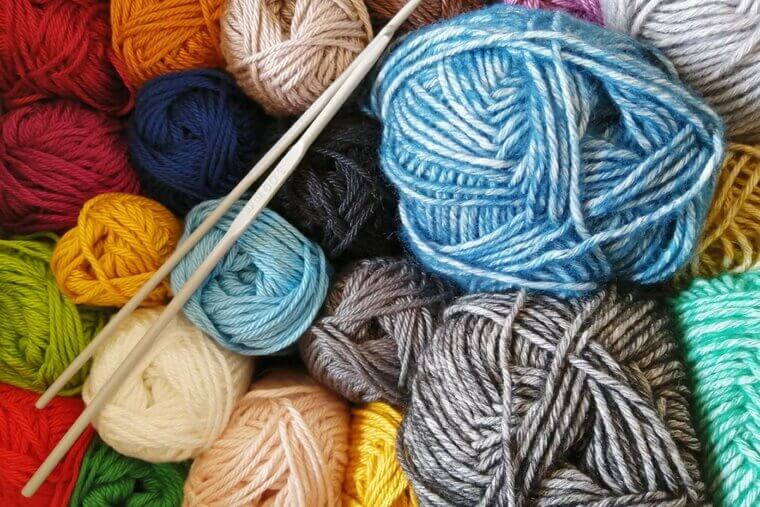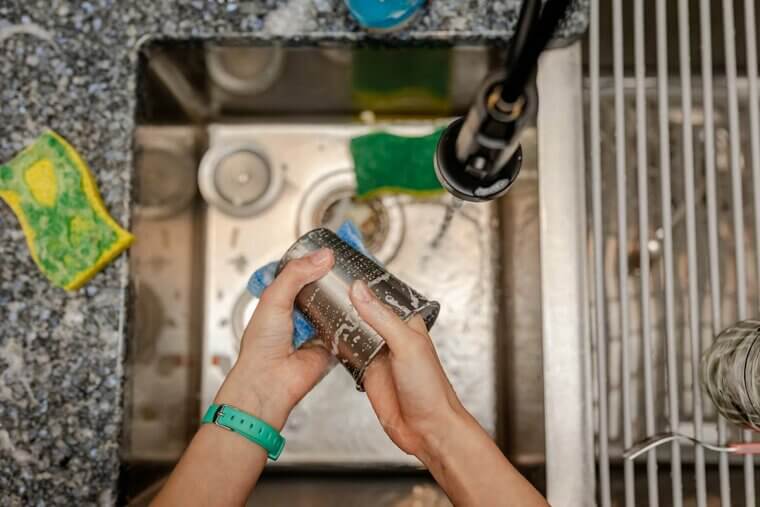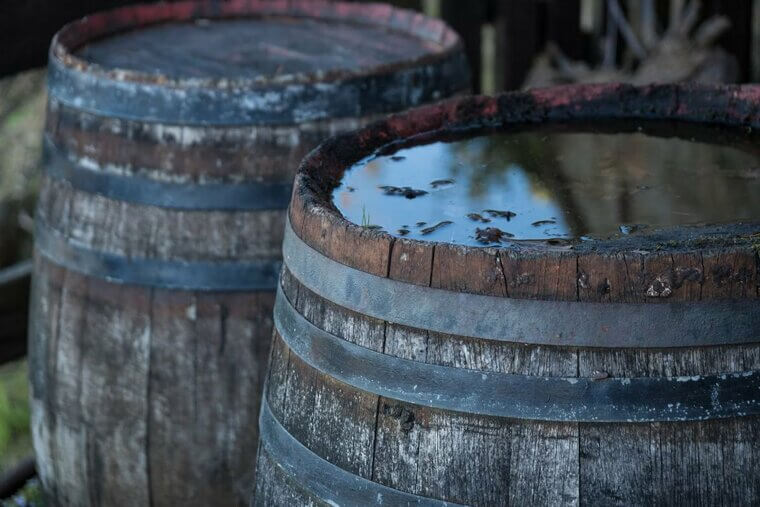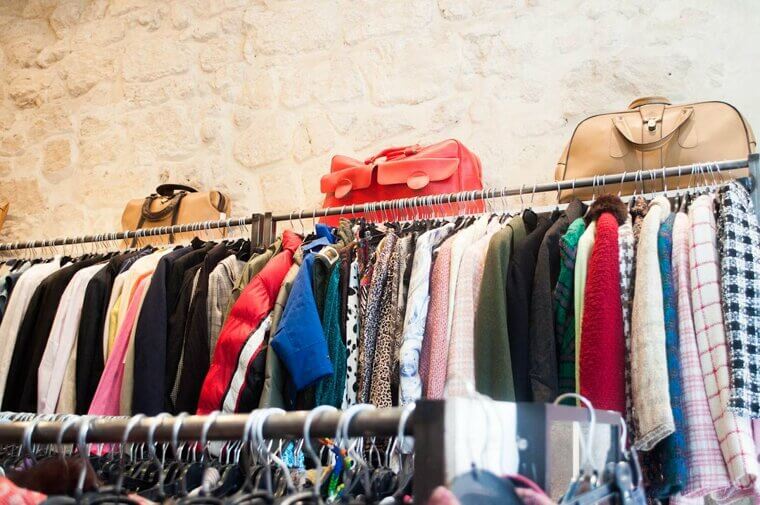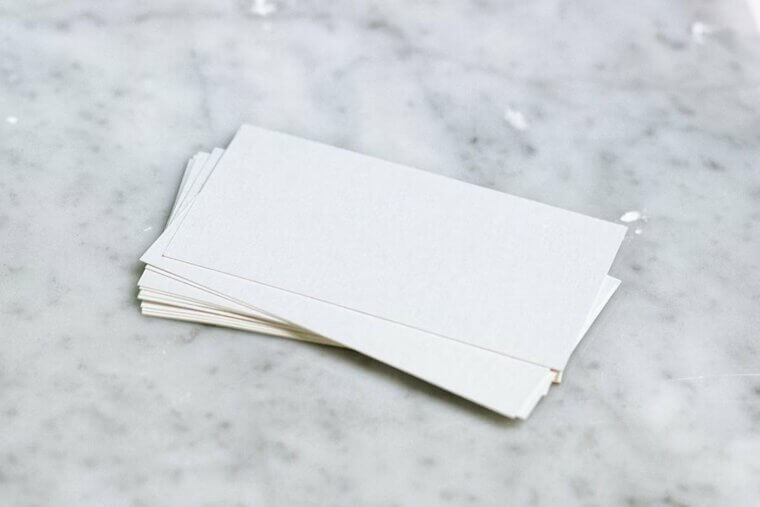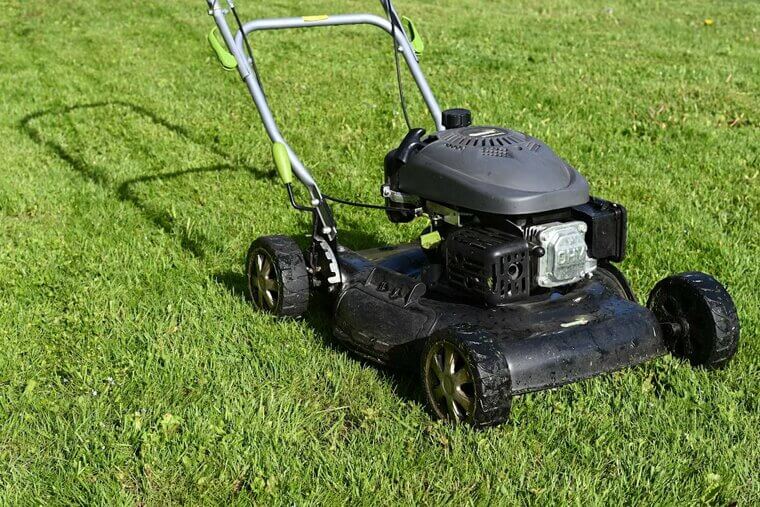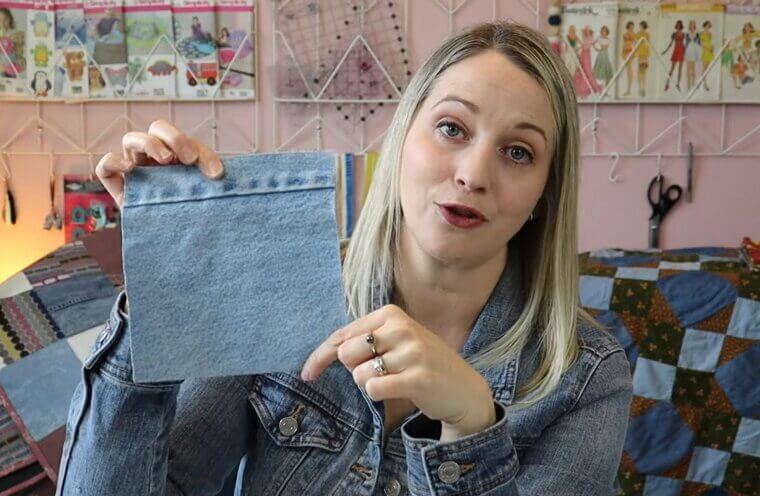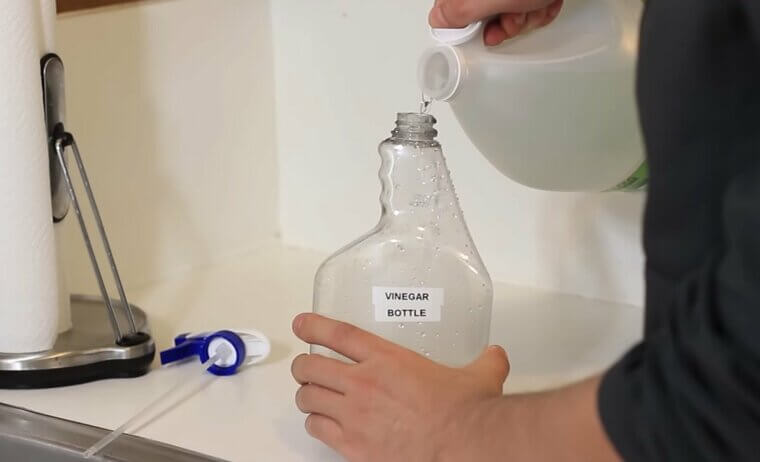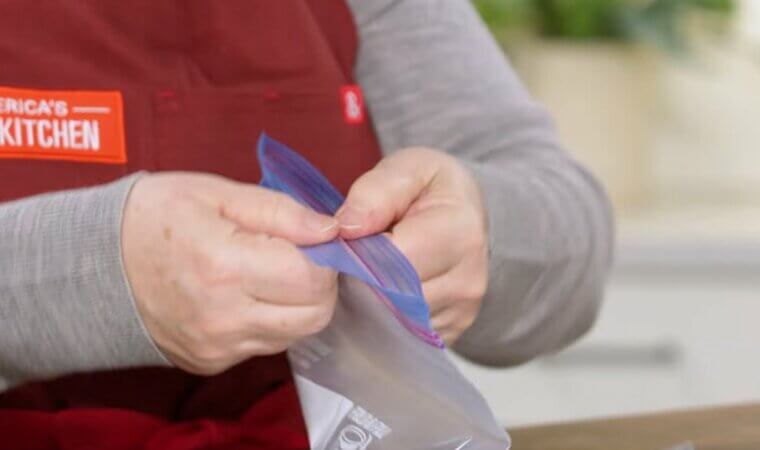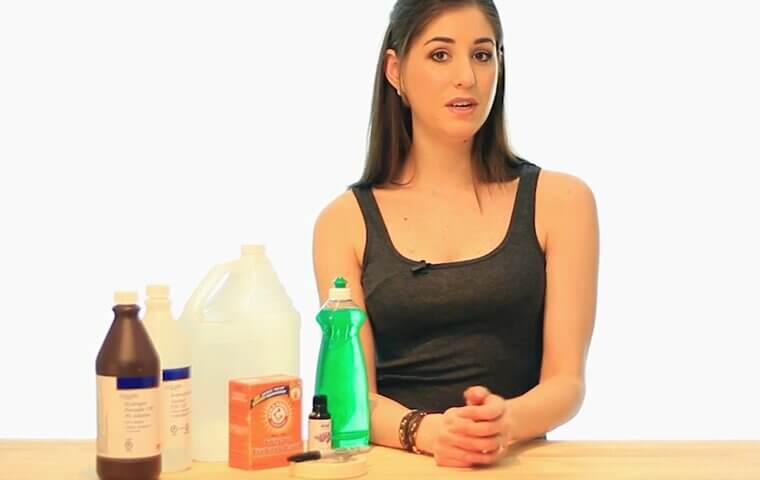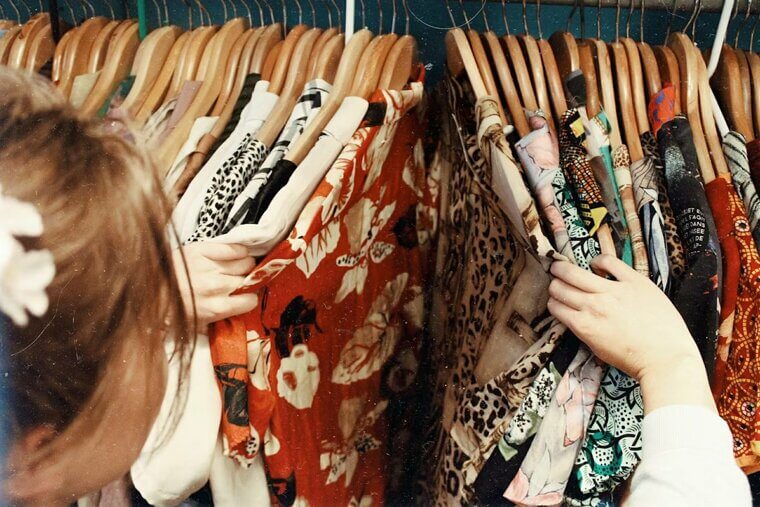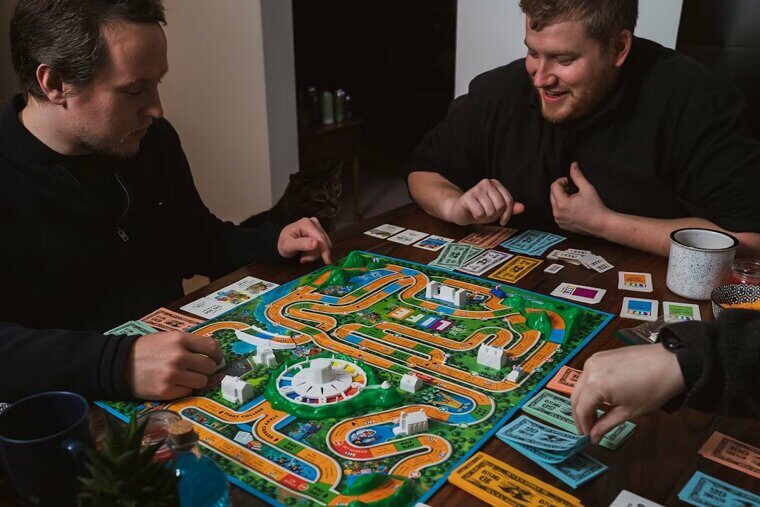Grandma Never Let Anything Go to Waste
One thing’s for sure, our grandma and grandpa sure knew how to make a dollar go a long way. The word “waste” was not in their vocabulary. They developed frugal habits that served them very well throughout their lifetimes, and you can do the exact same thing once you’ve learned the know-how. Here’s 35 things our ancestors did to save money.
Saving Bacon Grease
Don’t knock this until you’ve tried it. Instead of tossing it away like you probably do, older generations kept bacon grease in a jar by the stove. It adds flavor to everything from eggs to vegetables and even makes flaky pie crusts.
Hanging Clothes To Dry
You probably use a dryer, but a dryer costs a lot of money to run while a clothesline costs nothing. Hanging laundry outside saves energy, softens fabrics naturally, and makes your clothes smell delightfully fresh. If you have a back yard, you need to be doing this ASAP.
Fixing Before Replacing
If something breaks, don’t toss it, fix it! That’s what grandma would say. Whether it’s sewing on a button or gluing a broken chair leg, older generations believed in making things last as long as possible. Turns out a little time and effort can save a lot of money.
Reusing Foil and Plastic Bags
Aluminum foil and plastic bags weren’t single-use items back then, and frankly the fact that they are now is very wasteful. If they weren’t torn or stained, they got rinsed and folded for next time. Try it yourself – you’ll save money and maybe help save the planet as well.
Watering Down Products
You might be surprised at how far this one can get you. Running out of shampoo? Never fear, just add some water to the bottle and now you’ve got more shampoo, and even though it’s watered down it works just as well. Don’t forget to shake the bottle vigorously!
Turning off Lights
Your parents probably did their best to instill in you a need to turn the lights off when exiting a room. Did it work? Electricity wasn’t something to waste back then, and it isn’t something to waste now. Today’s smart homes have sensors, but back then, it was just good habits and a healthy respect.
Cooking From Scratch
Maybe you only get takeout every once in a while, but it adds up all the same. Older generations, though, lived in a world without takeout and they saved money by cooking from scratch. This also meant they knew exactly what was in their food at all times.
Using Every Bit Of Food
Your grandparents came from an era where throwing food away was unthinkable, and they were right. You should never throw food away. Back in the day vegetable scraps turned into broth, leftover roast became stew, and stale bread became breadcrumbs.
Hand-Me-Downs
Handing clothes down is a tradition that should have continued, and it’s a shame it didn’t. Back in the day, clothes got passed down from sibling to sibling, or even across generations. If something was still in good shape, it wasn’t “old,” just “broken in.” It saved families loads of money and gave clothing a longer life.
Growing a Vegetable Garden
You might have a garden, but you’re probably not doing it like our forebears did. For them, a backyard garden wasn’t a trend - it was a necessity. Tomatoes, squash, herbs - whatever could grow, got grown. It kept the grocery bills low and gave families fresh, healthy food.
Making Do With What You Have
If you didn’t have something, you improvised. Need a doorstop? Use a brick. No fancy containers? Old coffee cans worked fine. This creative problem-solving meant that families weren’t spending too much and inspired a mindset of “how can I use what I already own?” You could get into that mindset, too.
Saving Gift Wrap and Bows
After a birthday or Christmas, older folks carefully folded wrapping paper and saved the bows. It wasn’t cheap - it was thoughtful. Pretty paper was too nice to throw away, and reusing it meant one less thing to buy next time a gift needed wrapping.
Darning Socks
When socks got holes, they didn’t head straight for the trash. A needle, some thread, and a little patience gave them new life. And you can do this too, very easily, if you like! There’s countless YouTube tutorials out there which will show you how to darn.
Canning and Preserving
Canning wasn’t just a hobby - it was a way to keep food good for as long as you needed. Pickles, jams, and veggies were stored in jars for months. It meant fewer energy-wasting trips to the store and made use of extra food from that garden we were talking about. Some people are still really into canning today!
Using Bar Soap
Liquid soap in plastic bottles? Not back then. A single bar of soap could handle hands, faces, and sometimes even laundry. It lasted longer, cost less, and didn’t need fancy plastic packaging that contributes to climate change.
Wearing an Apron
These days, people don’t remember how useful and important an apron is. An apron wasn’t just for looks - it protected clothes from stains and wear, reducing how often things needed washing or replacing. One good apron meant your nicer clothes stayed in better shape for years.
Knitting and Crocheting
Making your own scarves, socks, or even sweaters wasn’t unusual back in the day, it was a way to save. Yarn was cheap compared to store-bought clothes, and handmade items lasted. This is another one you can easily try out yourself, YouTube and online tutorials will help!
Washing Dishes by Hand
Dishwasher tablets are expensive, as is the maintenance on a dishwasher. So even when dishwashers became common, many older folks stuck with the sink. It saved electricity, water (if done wisely), and kept you mindful of how much water you were using.
Collecting Rainwater
Why pay for water when it falls from the sky? Older generations often collected rain in barrels to use for plants and gardens. It’s a smart way to cut down on your utility bills and reduce waste. You can even use it to flush the toilet if you like.
Shopping Secondhand
Thrift stores, garage sales, and church rummage sales were goldmines for our grandparents. They could find high quality items there for a fraction of the price they’d pay in a department store. Sometimes they had a little bit of staining on them, but they didn’t care.
Using Cash Envelopes
Before credit cards, people used cash - and many kept envelopes labeled for groceries, rent, and so on. When the envelope was empty, the spending simply stopped. It was a simple and effective way to budget and avoid debts.
Sharing Tools With Neighbors
There was just so much more community spirit back in the day. Someone had a lawnmower, someone else had a ladder, and you could borrow them whenever you needed to. It saved money, saved space, and strengthened the ties of friendship.
Repurposing Old Clothes
Older generations didn’t toss clothing at the first sign of wear and tear - they found a new use for everything. Worn-out shirts became cleaning rags, while old jeans turned into quilts or potholders. Some people still do this today, but it’s sadly become much less common.
Using Vinegar for Everything
Your grandparents didn’t spend money on expensive cleaning products – they just used vinegar. It was great for cleaning windows, unclogging drains, softening laundry, and even putting on sunburns. And it was so cheap as well! You could keep one jug of it for months.
Planning Meals Around Sales
Before actually buying anything from the local store, older folks checked what was on sale and planned meals accordingly. Buying only what was discounted helped stretch the grocery budget further, and left more money for nice things.
Saving Scraps for Soup
Bones, vegetable peels, meat bits - they all went into a freezer bag until there was enough to make something new. Homemade soup was a weekly staple, made with whatever was on hand, and kids ate it regardless of whether they liked it. That was life back then.
Using Every Drop of Toothpaste
Toothpaste tubes got rolled up tight -and then cut open to scoop out the very last bit. It might sound extreme, but it was normal back in the day. Toothpaste was simply too precious a commodity to waste.
Line-Drying Ziploc Bags
When Ziploc bags were first invented, people couldn’t get enough of them. And they certainly weren’t about to throw them away. So after food had been in them, they simply washed them out and hung them up on the line with the clothes to dry.
Making Homemade Cleaning Products
Baking soda, lemon, and vinegar was all your grandmother needed to clean a home. Why pay for chemicals when you had stuff lying around the house that would do the job just as well? It was safer, cheaper, and it worked very well indeed.
Brown-Bagging Lunches
People didn’t eat out once they got to work, they took their lunch in a brown bag instead. Most folks packed sandwiches, leftovers, or a thermos of soup. It wasn’t fancy, but it saved a lot, especially over the course of a year.
Wearing Clothes Until They Wear Out
Fashion wasn’t about fast trends back in the day, it was about getting your money’s worth. If a shirt or jacket lasted ten years, that was a win. As long as it was clean and intact, there was no need to replace it. But it’s hard convincing people of that now, in the world of fast fashion.
Free Entertainment
These days, people go out to fancy nightclubs and spend a lot of money. But that’s not how it was in the olden days. People stayed in and watched TV, or invited their friends over to play board games. It was simple, it was cheap, and you got to spend time with your loved ones.
Turning Scraps Into Crafts
One upon a time old buttons, fabric bits, even bottle caps got turned into fun projects for adults and kids alike to enjoy. For example, if you had an old sock, you could turn it into a hand puppet! People found a lot of meaning in this kind of work.
Turning the Thermostat Down
Do you remember your grandfather yelling at you to turn the thermostat down when you were a kid? He was onto something. Instead of turning up the thermostat, people of the olden days simply put on a sweater or two.
Living Below Their Means
The biggest frugal habit of all? Spending less than you earn. Even if they had a bit extra, older generations tended to save it “just in case.” It wasn’t about being cheap - it was about being prepared for emergencies, and it served them well.

